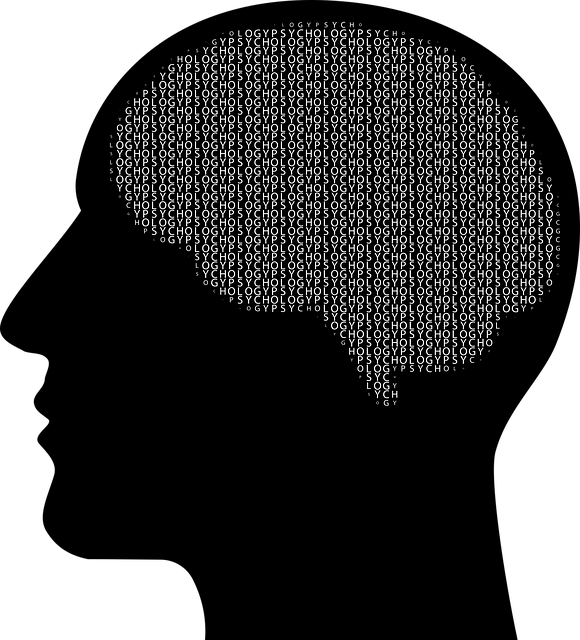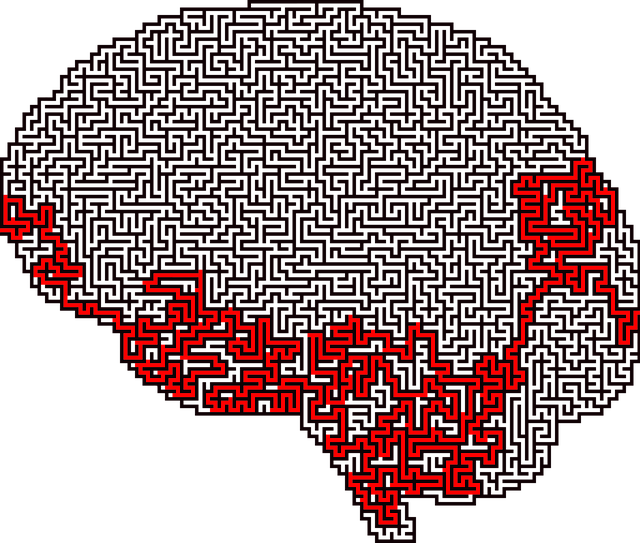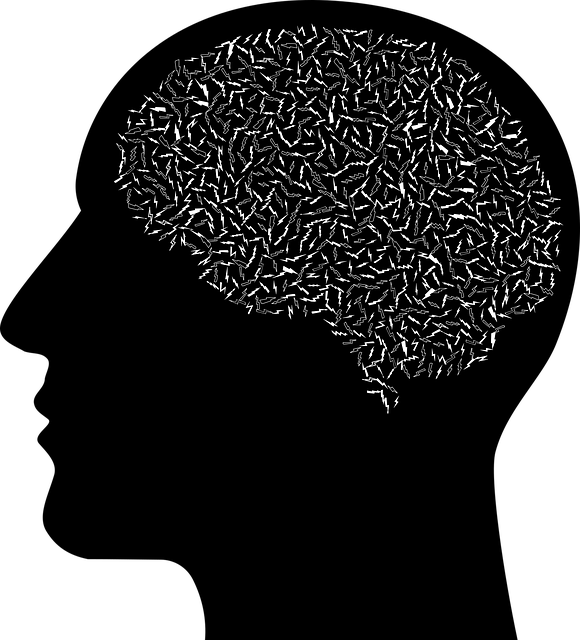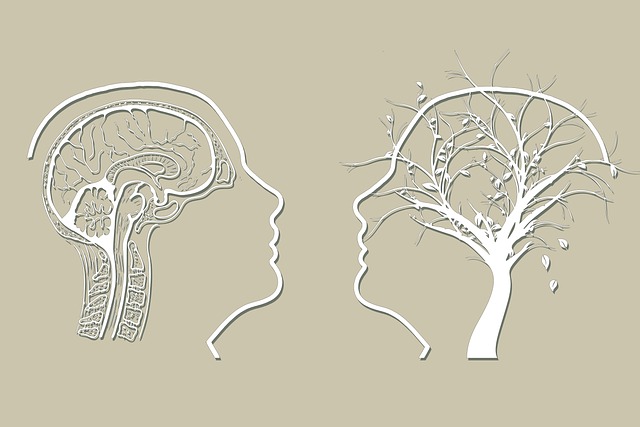In the dynamic healthcare sector, particularly at Lone Tree Self-Esteem Therapy, cultural competency is key to delivering exceptional, personalized care. Recognizing and respecting diverse cultural backgrounds overcomes communication barriers, prevents provider burnout, and enhances therapy outcomes. Training equips professionals with tools to navigate complexities, fostering empathy and humility. This approach ensures patients from various communities receive tailored care, creating an inclusive environment for emotional healing. Lone Tree Self-Esteem Therapy's interactive workshops, case studies, and podcast series enhance cultural competency, while ongoing training, self-care practices, and inclusive policies sustain resilience and improve patient outcomes.
In today’s diverse healthcare landscape, cultural competency is no longer an option—it’s an essential foundation for quality patient care. This comprehensive guide explores the critical role of cultural competency training for healthcare providers, addressing bias and stereotypes that can impact patient interactions. We delve into effective strategies tailored to Lone Tree Self-Esteem Therapy, offering practical tips for improving cultural proficiency. By measuring success through assessment, we aim to enhance healthcare’s reach and effectiveness in a multifaceted world.
- Understanding Cultural Competency in Healthcare: A Necessary Foundation
- The Impact of Bias and Stereotypes on Patient Care
- Effective Strategies for Lone Tree Self-Esteem Therapy Training
- Measuring Success: Assessing and Improving Cultural Competency Skills
Understanding Cultural Competency in Healthcare: A Necessary Foundation

In the dynamic landscape of healthcare, cultural competency is no longer a nice-to-have; it’s an essential foundation for quality patient care and emotional healing processes. This involves understanding and respecting diverse cultural beliefs, values, and practices among patients, especially in a community like Lone Tree Self-Esteem Therapy where individuals from various backgrounds seek support. Healthcare providers who lack this awareness can inadvertently create barriers to effective communication and treatment, potentially leading to burnout prevention challenges and hindering the confidence boosting efforts needed for successful therapy.
Cultural competency training equips professionals with skills to navigate complex cultural dynamics, ensuring every patient receives care tailored to their unique needs. By fostering empathy and humility, these programs promote a deeper understanding of how cultural factors influence health behaviors and perceptions of illness. This knowledge is crucial for building trust, improving patient outcomes, and creating an inclusive environment that promotes emotional healing processes in diverse populations.
The Impact of Bias and Stereotypes on Patient Care

Unconscious biases and stereotypes held by healthcare providers can significantly impact patient care, leading to disparities in treatment and outcomes. These biases, often rooted in societal norms and personal experiences, may cause professionals to perceive and interact with patients differently based on their race, ethnicity, gender, or cultural background. For instance, a study revealed that doctors tend to spend less time with patients who are from minority groups, which can result in inadequate communication and misdiagnosis.
When healthcare providers allow biases to influence their practice, it hinders their ability to offer personalized care tailored to each patient’s unique needs. This is especially pertinent for Lone Tree Self-Esteem Therapy clients, as addressing emotional well-being often involves creating a safe, non-judgmental space. Promoting social skills training and emotional well-being promotion techniques within these sessions can help mitigate the effects of bias, fostering a more inclusive environment that enhances patient care and outcomes. Encouraging healthcare professionals to reflect on their own biases and engage in ongoing self-care routine development for better mental health is crucial in ensuring equitable access to quality care for all individuals seeking treatment.
Effective Strategies for Lone Tree Self-Esteem Therapy Training

In the realm of Lone Tree Self-Esteem Therapy training, fostering cultural competency among healthcare providers is a pivotal strategy. This involves creating an environment where professionals learn to navigate diverse patient backgrounds and needs with sensitivity and understanding. Effective training should encompass interactive workshops, case studies reflecting real-world scenarios, and discussions on unconscious biases. By engaging in these activities, providers can enhance their ability to connect with patients from various cultural perspectives, thereby improving treatment outcomes and building stronger therapeutic alliances.
The integration of Mental Health Awareness and Emotional Healing Processes is a game-changer in Lone Tree Self-Esteem Therapy training. Mental Wellness Podcast Series Production can serve as a powerful tool to enrich the learning experience. These podcasts often feature experts sharing insights on cultural sensitivity, emotional regulation techniques, and personal growth journeys. They provide valuable resources for providers to expand their knowledge and stay updated with the latest research and trends in mental health care. Such multimedia resources cater to different learning styles, ensuring that every participant can engage meaningfully in their professional development.
Measuring Success: Assessing and Improving Cultural Competency Skills

Measuring success in cultural competency training for healthcare providers is a multifaceted process. It involves assessing both knowledge acquisition and behavioral changes. Effective evaluation methods can range from self-assessments and peer feedback to case studies and role-play scenarios. These tools help identify areas where providers excel and where they need further education, ensuring tailored learning experiences. For instance, Lone Tree Self-Esteem Therapy might utilize Mental Health Education Programs Design that focus on improving cultural sensitivity among their staff.
Regular monitoring of these skills is crucial to maintain competency over time. This can be achieved through ongoing training sessions, workshops, and even peer support groups where providers share best practices and learn from each other’s experiences. Incorporating Self-Care Practices within these programs ensures healthcare workers remain resilient and empathetic, which is essential for providing quality care. Furthermore, Mental Health Policy Analysis and Advocacy plays a significant role in shaping an inclusive environment that supports cultural competency, ultimately benefiting patient outcomes.
Cultural competency training is a game-changer in healthcare, especially for practices like Lone Tree Self-Esteem Therapy. By understanding the impact of bias and stereotypes, implementing effective strategies, and measuring success, healthcare providers can significantly improve patient care, foster inclusive environments, and ultimately enhance health outcomes for diverse communities. Investing in such training is crucial to ensuring equitable and compassionate mental health services for all.








